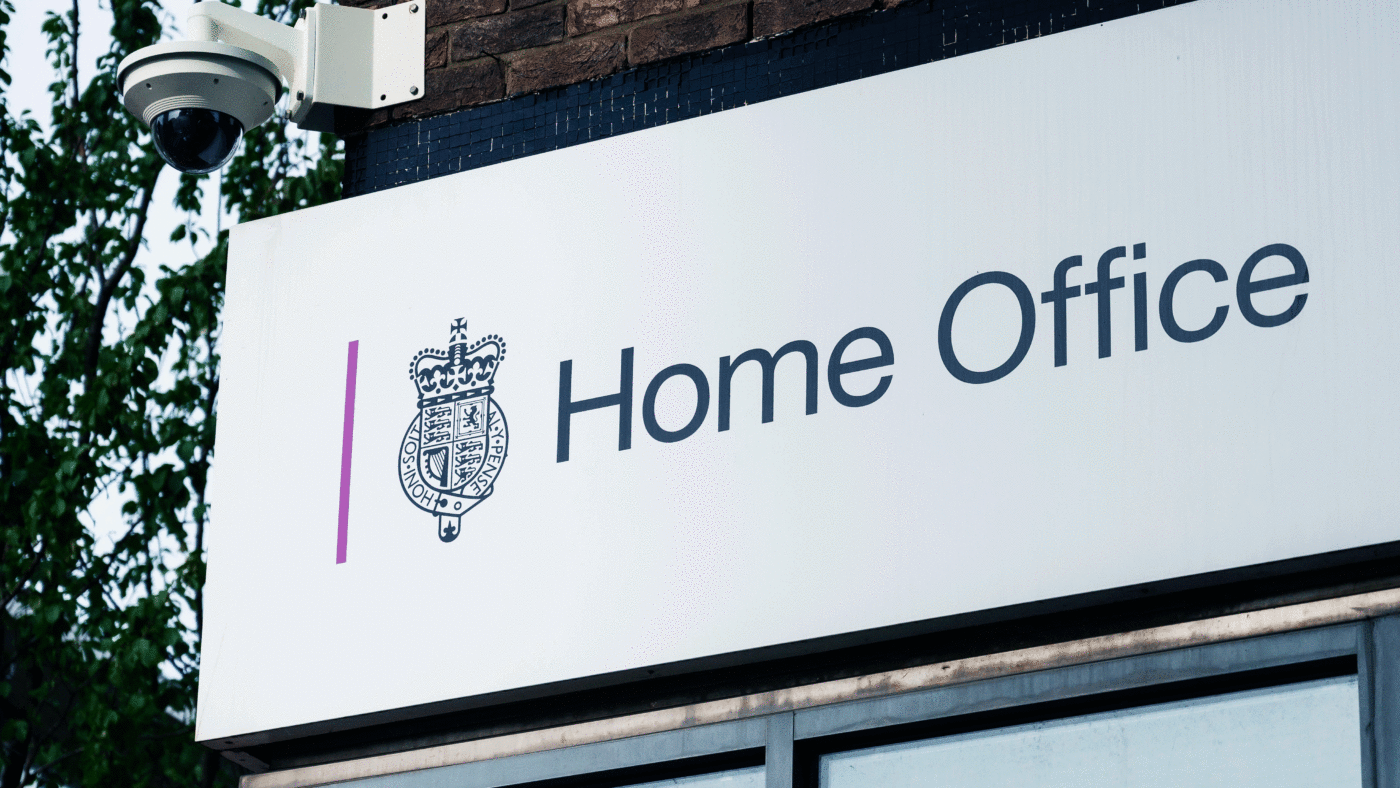You might expect the process of becoming a British citizen to be lengthy and bureaucratic, but it’s also a rip-off. With some of the world’s highest citizenship fees, the minds of successive governments have been focused not on the tremendous economic and social potential of new citizens, but on their bank accounts.
Troublingly, children are not exempt. Parents who wish to register a child as a British citizen must pay the Home Office £1,012 to do so, a fee that is 272% more than the administrative cost of processing the registration. Every child citizenship application sees the Home Office pocket £640 in profit.
The fee was condemned as unlawful by the High Court in late 2019, but the Home Office appealed. Earlier this month, the Court of Appeal concurred with the High Court to find once again that the cost of child citizenship in the UK is unlawfully high. In response, the Home Office has said it will review the fee in “due course”, with little indication as to what changes might be made and when.
Politically, the Government has little to gain from its mean-spirited position on child applicants and should never have appealed the High Court’s judgment. Last year, Bright Blue research found that over 70% of the public support discounted citizenship fees for children born and raised in the UK, including a majority of Conservative voters. With the Court’s judgment reflecting the public mood, the Home Office should now move rapidly to review and reform child citizenship fees.
But sky-high citizenship price tags affect adults too. Overall, citizenship application costs have been rising since 2007 in an attempt to compensate for cuts to the Home Office budget. Current fees are now at an incredible £1,330 per adult, and that’s without the cost of the legal advice, which is often necessary to navigate the complicated process. In contrast, the cost of American citizenship is equivalent to a little over £500, while in France it’s under £50. Depressingly, this means that cost has now emerged as a key reason why many immigrants, especially younger people, do not or cannot pursue British citizenship.
Not uncoincidentally, as costs have climbed over the past decade, citizenship has found itself politically orphaned. Pre-Brexit, the immigration conversation on the right was numbers-focused, in part to keep Ukip tanks off the lawn. On the left, there was and remains discomfort with the idea that immigrants might feel pressured to become citizens, a concern that was reflected somewhat in Bright Blue polling last year.
But unlike successive governments, who have largely ignored citizenship except to raise its price tag, the British public believes new citizens have much more to offer the UK than the contents of their wallets. Not only do 60% of British people agree it is important for immigrants living permanently in the UK to become citizens, but there is also majority support for a number of immigrant groups to receive discounts on fees, including Covid-19 key workers and those who earn under £30,000. This indicates real understanding on the part of the public that the current fee system places citizenship out of reach for many, and that this is an undesirable state of affairs.
Hearteningly, Britain’s innovative new visa scheme for Hongkongers escaping Beijing’s oppressive regime – which also offers a pathway to citizenship and has been seen as an economic masterstroke – shows that the Government is capable of reform and moral leadership in this area.
In addition, the progressive, expansive public view of citizenship outlined above has emerged as attitudes towards immigration soften post-Brexit. This frees up space on the right and offers a real opportunity for Conservatives to rescue citizenship policy from the political wilderness it wanders in.
Now is the perfect time to seize that opportunity. While Bright Blue found that public support for citizenship coalesces around its symbolic and integrative value, there are real economic benefits to expanding citizenship that should make the Government sit up and listen. Citizenship is linked to higher wages and better job prospects for immigrants, as well as increasing tax revenues. Positively, citizenship’s economic boost is amplified for the most disadvantaged immigrants. Putting citizenship financially in the reach of more people would clearly be a welcome shot in the arm for the UK in its Covid-19 slump.
In the long road to revaluing British citizenship, an excellent and logical first step is the one that the Courts have now twice firmly indicated – to reform the child citizenship fee. The Home Office should stop dawdling and embrace real change, by making the citizenship applications of eligible children free, and thus opening up the benefits of citizenship to a whole swathe of young people.
Let’s show the world we value the contribution new citizens make, not just to the Home Office’s coffers, but to British society.
Click here to subscribe to our daily briefing – the best pieces from CapX and across the web.
CapX depends on the generosity of its readers. If you value what we do, please consider making a donation.


